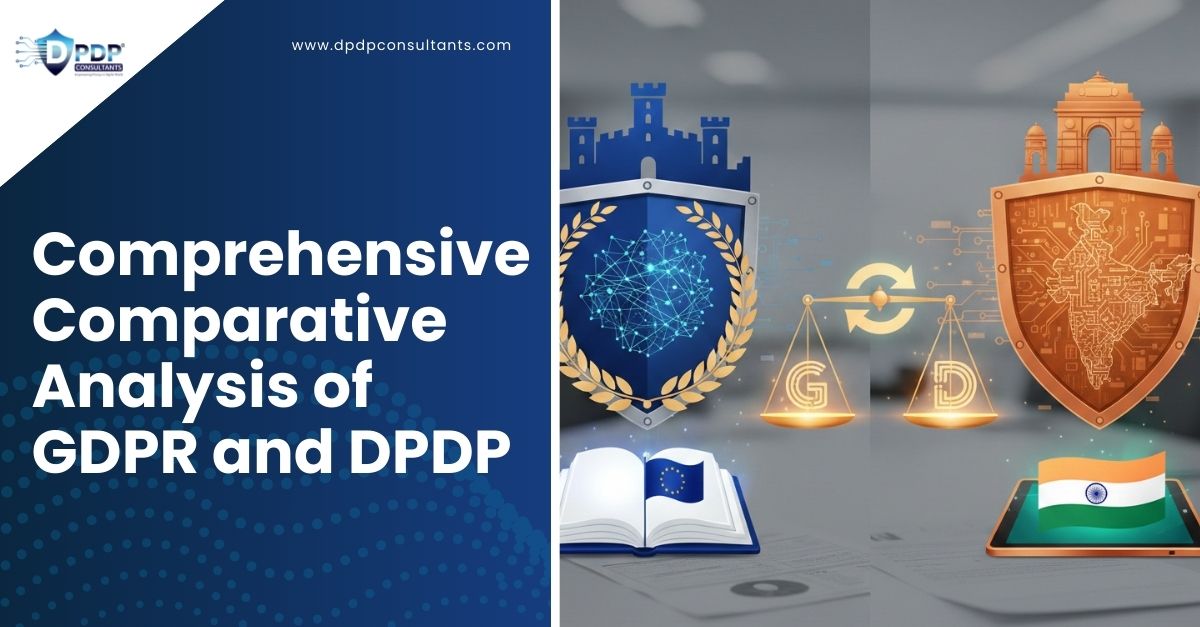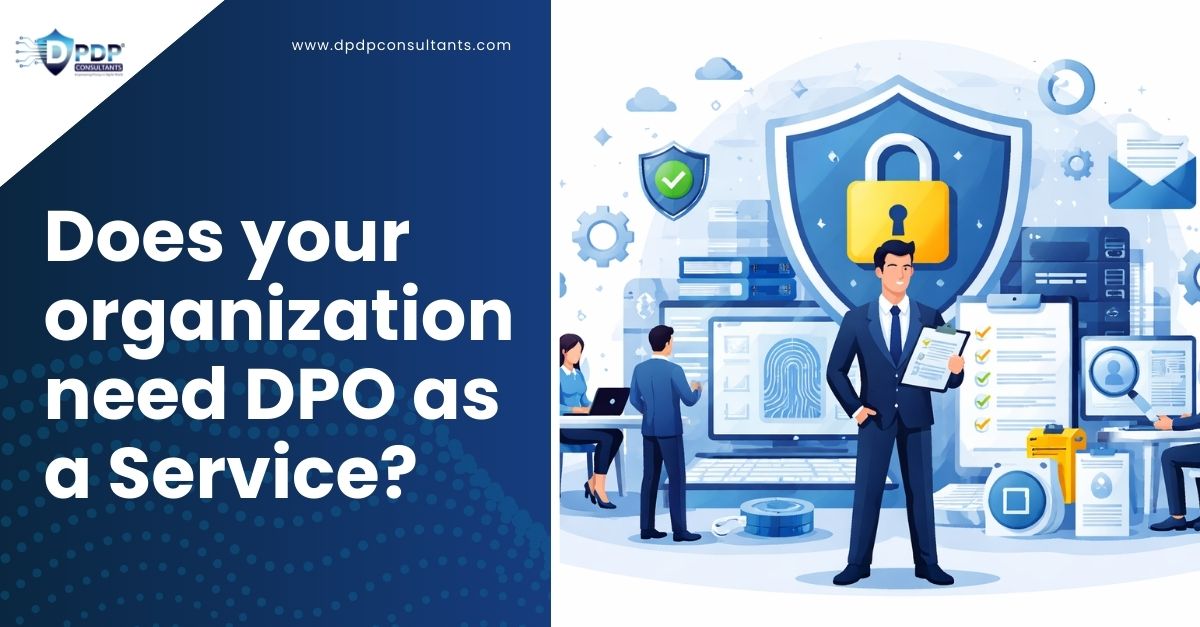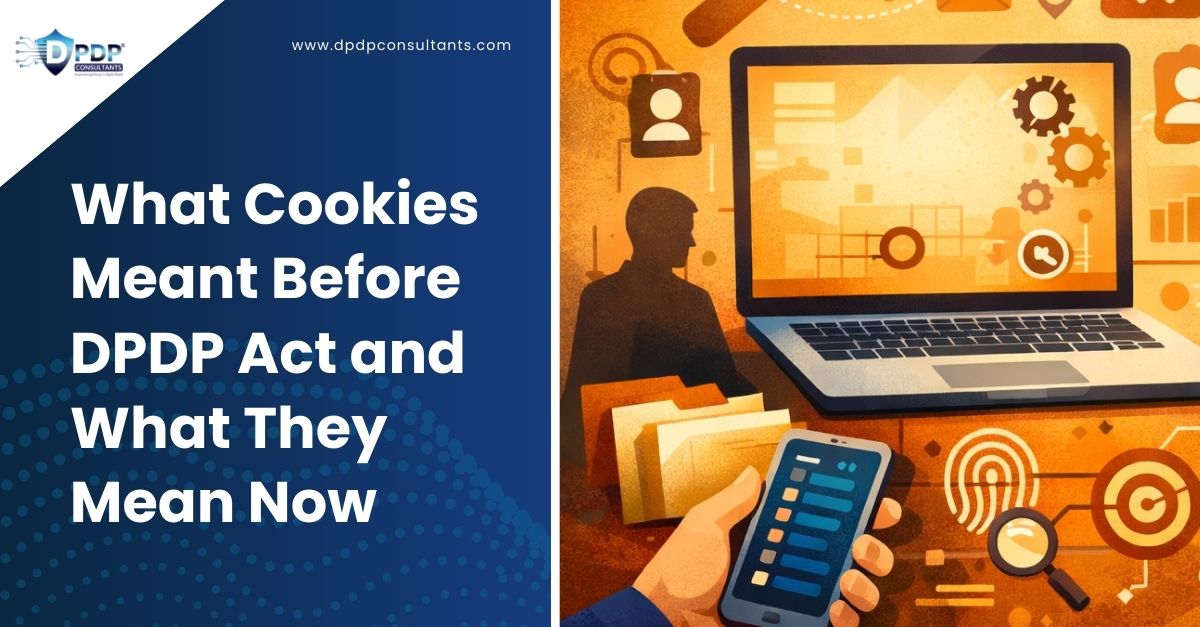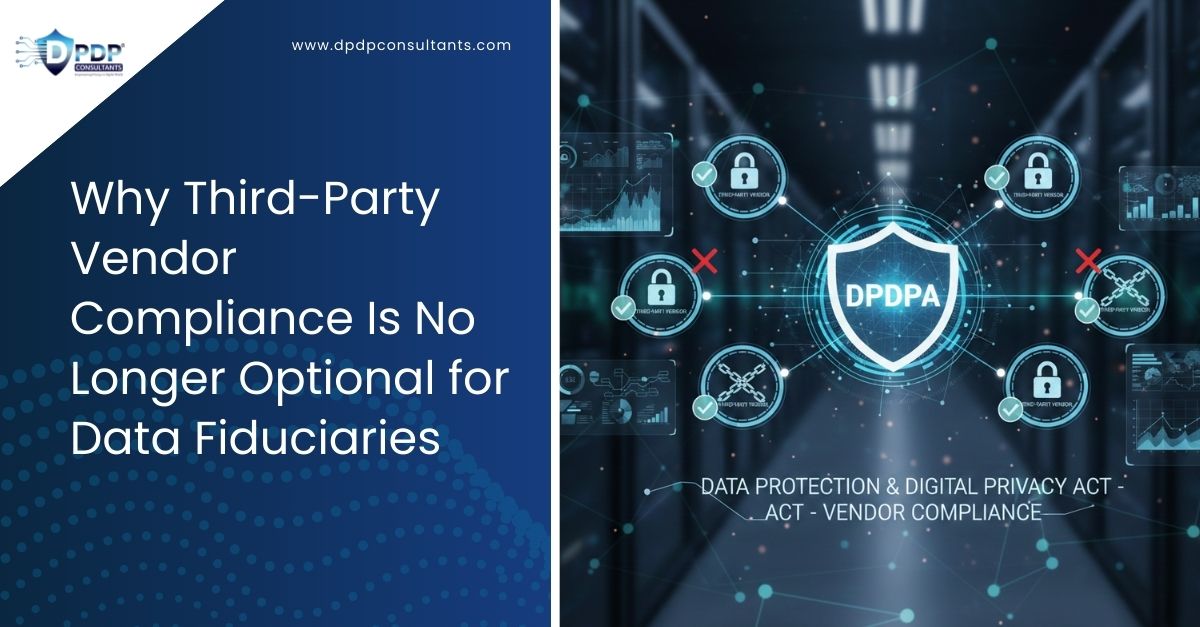In today's
digital economy, data is often called the new oil - a valuable resource that
fuels business growth and innovation. However, unlike oil, data often belongs
to individuals who have fundamental rights regarding how their information is
collected, stored, and utilized. The increasing global focus on data privacy
has created a complex regulatory landscape that companies must navigate
carefully. This is where a consent management platform becomes not just
useful but essential for businesses of all sizes that handle customer data.
The Evolving Privacy Landscape
The digital
privacy ecosystem has transformed dramatically in recent years. What began with
various regional privacy regulations has evolved into a global movement, with
India's Digital Personal Data Protection (DPDP) Act, California's Consumer
Privacy Act (CCPA), Brazil's Lei Geral de Proteção de Dados (LGPD), and many
other regulations setting new standards for data protection. Each new privacy
law shares a common thread: the requirement for transparent, documented, and
revocable consent from users before collecting and processing their personal
data.
These
regulations aren't merely suggestions—they carry significant penalties for
non-compliance. The DPDP Act imposes substantial financial penalties with fines
that can reach up to ₹250 crore ($30 million) for severe violations. Similarly,
other regulations like the CCPA enable consumers to sue companies for data
breaches, potentially leading to expensive class action lawsuits. Beyond
financial penalties, there's the immeasurable cost of reputational damage when
companies mishandle personal data.
What Is a Consent Management Platform?
A consent management platform (CMP) is a
technological solution designed to help organizations collect, document, and
manage user consent in compliance with various privacy regulations. At its
core, a cookie consent management platform provides the infrastructure
to:
- Inform users about data collection
practices in clear, accessible language
- Obtain explicit consent for
specific data processing activities
- Store and manage consent records as
proof of compliance
- Allow users to modify or withdraw
their consent at any time
- Adjust data collection practices in
real-time based on user preferences
While often
associated with website cookies (hence the term cookie management platform),
modern consent manager tools handle much more than just cookie consent.
They encompass consent for email marketing, data sharing with third parties,
profiling activities, and other data processing operations.
Why Every Data-Handling Company Needs a Consent Management Solution
1.
Regulatory Compliance
The most
immediate benefit of implementing a robust consent management platform is
achieving and maintaining compliance with applicable privacy regulations,
particularly the Digital Personal Data Protection (DPDP) Act. A properly
configured consent management tool
designed for DPDP compliance ensures that your organization:
- Presents privacy notices that meet
legal requirements
- Collects consent in a manner that
satisfies the "freely given, specific, informed, and
unambiguous" standard
- Maintains comprehensive records
that can withstand regulatory scrutiny
- Adapts quickly to changing privacy
laws across different jurisdictions
Without a consent
manager platform, companies often resort to manual processes or piecemeal
solutions that leave compliance gaps and create significant legal exposure.
2. Building
Customer Trust and Brand Loyalty
Beyond mere
compliance, transparent consent practices build trust with your audience. In an
era where consumers are increasingly aware of privacy issues, organizations
that demonstrate respect for personal data gain a competitive advantage.
A
well-implemented cookie consent management tool doesn't just protect
your company—it signals to customers that you value their privacy rights. This
transparency contributes to stronger customer relationships and enhanced brand
loyalty. Research consistently shows that consumers prefer to do business with
companies they trust with their personal information.
3. Improved
Data Quality and Marketing Effectiveness
When users have
clear choices about data sharing, those who opt in represent a higher-quality
audience for marketing efforts. A consent manager tool helps ensure that
your marketing activities target only those individuals who have explicitly
agreed to receive communications, resulting in:
- Higher engagement rates
- Improved conversion metrics
- Reduced marketing waste
- Lower risk of being flagged as spam
Rather than
viewing consent management as a restriction, forward-thinking companies
recognize it as an opportunity to refine their audience and improve marketing
effectiveness.
4.
Operational Efficiency and Risk Reduction
Manual consent
management is not just inefficient—it's practically impossible at scale. A consent
management platform designed for DPDP Act compliance automates complex
processes like:
- Presenting appropriate consent
notices based on user location
- Blocking or enabling tracking
technologies according to user preferences
- Maintaining comprehensive audit
trails
- Facilitating data subject access
requests
This automation
reduces the administrative burden on your team while simultaneously decreasing
the risk of human error that could lead to compliance failures.
5.
Adaptability to Evolving Requirements
Privacy
regulations continue to evolve, with new requirements emerging regularly. A
robust cookie consent platform is designed to adapt to these changes,
with regular updates that reflect the latest regulatory guidance. This
adaptability ensures that your consent practices remain compliant even as the
legal landscape shifts.
Key Features of an Effective Consent Management Solution
When evaluating
a consent management platform, companies should look for these essential
capabilities:
1.
Comprehensive Consent Collection
A quality CMP
should provide flexible, customizable consent interfaces that:
- Integrate seamlessly with your
website or application design
- Support multiple languages for
global operations
- Offer granular consent options for
different data processing activities
- Adapt to different device types and
screen sizes
- Comply with accessibility standards
2. Robust
Consent Storage and Documentation
The platform
should maintain detailed records that include:
- Timestamp of when consent was
provided or modified
- Specific version of the privacy
policy presented to the user
- Exact choices made by the user
- Unique identifier linking the
consent to a specific individual
- Technical information to verify
consent validity (IP address, user agent, etc.)
3.
User-Friendly Preference Management
Users must be
able to easily:
- Review their current consent
settings
- Modify preferences at any time
- Exercise their rights to access,
correct, or delete their data
- Download a copy of their consent
records
4. Seamless
Integration Capabilities
An effective consent
manager should integrate with:
- Tag management systems
- Marketing automation platforms
- Customer relationship management
(CRM) software
- Analytics tools
- Advertising technologies
5. Automated
Compliance Controls
The platform
should automatically:
- Block unauthorized data collection
before consent is obtained
- Update data processing practices
when preferences change
- Enforce data retention policies
- Generate compliance reports for
internal audits
Implementation Best Practices
Successfully
deploying a consent management tool
requires careful planning and execution:
- Conduct a data audit: Before implementation, understand
exactly what personal data your organization collects, where it's stored,
how it's processed, and with whom it's shared.
- Involve stakeholders early: Bring together legal, marketing,
IT, and product teams to ensure all perspectives are considered during
platform selection and configuration.
- Customize for your audience: Tailor consent notices to match
your brand voice and audience expectations while maintaining regulatory
compliance.
- Test thoroughly: Validate that tracking
technologies are properly blocked until consent is obtained and that user
preferences are correctly enforced.
- Train your team: Ensure that everyone who handles
customer data understands the importance of consent management and how the
platform works.
- Monitor performance: Regularly review consent rates,
user feedback, and technical performance to optimize your approach.
Beyond Basic Compliance: The Strategic Advantage
Forward-thinking
organizations recognize that effective consent management goes beyond checking
a compliance box—it represents a strategic opportunity. By implementing a
comprehensive consent management platform
that ensures DPDP Act compliance, companies can:
- Differentiate themselves as privacy
leaders in their industry
- Collect valuable first-party data
with confidence
- Build more meaningful customer
relationships based on trust and transparency
- Reduce dependence on third-party
data that may become less available as privacy regulations tighten
Conclusion
In an era
defined by increasing privacy awareness and stringent regulations, a consent management platform is no
longer optional for companies that handle customer data—it's a fundamental
business requirement. Beyond mere compliance, effective consent management
establishes trust, improves data quality, and creates operational efficiencies
that benefit both the organization and its customers.
By investing in
a robust cookie consent management platform CMP, companies demonstrate
their commitment to respecting individual privacy rights while creating a
sustainable foundation for data-driven business practices. In today's
privacy-conscious marketplace, this commitment isn't just good ethics—it's good
business.
As regulations
continue to evolve and consumer expectations around privacy increase,
organizations that establish strong consent management practices now will be
better positioned to thrive in the privacy-first future that lies ahead.






